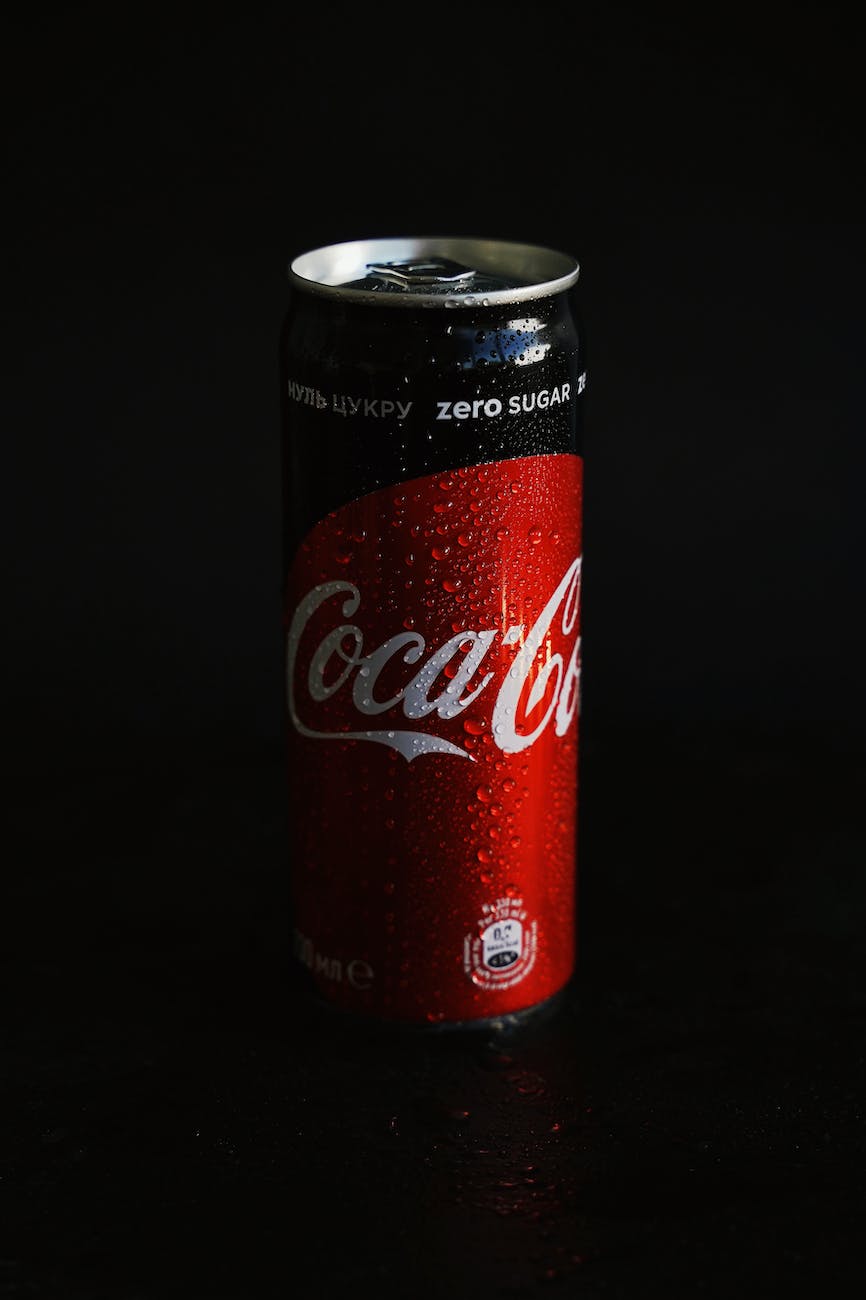
Diet Coke, one of the most popular soft drinks globally, has been a subject of debate for years due to its aspartame content. Aspartame, an artificial sweetener, has been linked to various health concerns, with cancer being at the forefront of these discussions. But is there any truth to these claims? Let’s dive deep into the relationship between Diet Coke, aspartame, and cancer risk.
The Aspartame Controversy
Aspartame is a low-calorie sweetener used in many diet sodas, including Diet Coke. Over the years, it has been the subject of numerous studies and debates regarding its safety.
- Origins: Aspartame was approved by the FDA in the 1980s as a safe artificial sweetener. However, its journey has been fraught with controversy, with various studies suggesting potential health risks.
- Cancer Concerns: Some animal studies have suggested a link between aspartame and increased cancer risk, especially in rats. However, human studies have been less conclusive.
- FDA’s Stance: Despite the controversies, the FDA, after multiple reviews, has consistently stated that aspartame is safe for consumption at current levels.
Diet Coke and Aspartame
Diet Coke, being a zero-calorie drink, uses aspartame as its primary sweetener. The concerns about Diet Coke arise mainly from its aspartame content.
- Consumption Levels: The amount of aspartame in Diet Coke is within the FDA’s recommended daily intake. However, concerns arise when individuals consume it in excessive amounts.
- Alternatives: Some brands, recognizing the controversy around aspartame, have introduced aspartame-free versions of their drinks. For instance, PepsiCo launched an aspartame-free version of its Diet Pepsi.
Recent Studies and Findings
Several recent studies have delved into the potential link between aspartame, Diet Coke, and cancer:
- Pancreatic Cancer: A study found a potential link between diet soda consumption and an increased risk of pancreatic cancer. However, more research is needed to establish a direct connection.
- Bladder and Breast Cancer: Some studies have suggested a potential link between aspartame and bladder and breast cancer. However, these findings are not conclusive.
- Brain Tumors: Earlier concerns about aspartame causing brain tumors have largely been debunked by subsequent research.
Conclusion
While concerns about aspartame and its link to cancer persist, it’s essential to approach the topic with a balanced view. Consuming Diet Coke or any aspartame-containing product within recommended limits is deemed safe by health authorities. However, if you’re concerned about aspartame, consider exploring aspartame-free alternatives.
For more insights on aspartame and its effects, you can refer to our detailed guide on aspartame and its link to various health concerns.
FAQs
- How much aspartame is in a can of Diet Coke?
- A typical 12-ounce can of Diet Coke contains about 185 milligrams of aspartame.
- Are there any sodas that don’t use aspartame?
- Yes, some brands use alternative sweeteners like stevia, sucralose, or erythritol.
- Why did Diet Pepsi remove aspartame and then bring it back?
- Due to consumer concerns, PepsiCo briefly replaced aspartame with sucralose. However, they reverted due to taste preferences and feedback.
- Has aspartame been linked to any other health concerns besides cancer?
- Some claim aspartame is linked to headaches, dizziness, and allergic reactions, but scientific evidence is inconclusive.
- Is aspartame safe for children and pregnant women?
- Health authorities deem it safe within recommended limits, but it’s always best to consult with a healthcare professional for personalized advice.
Blog Tags: Diet Coke, Aspartame, Cancer Risk, Artificial Sweeteners, Health Debate, Coke Zero, Diet Pepsi, Carcinogenic Concerns, Beverage Safety, Health Research.









